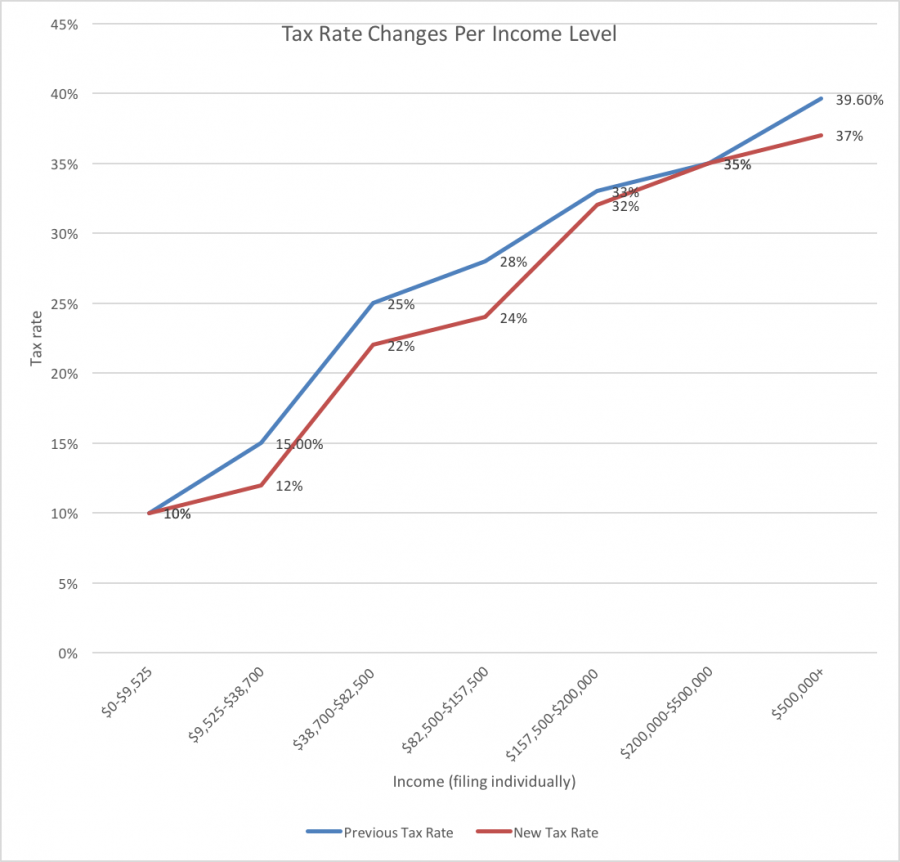These days, I rarely read for enjoyment. Even though reading books used to be one of my favorite things to do. It was an escape from the surrounding world, away from technology. In the past few years, I’ve seen a sharp decline in how much time I spend reading things, and this applies not only to books, but news articles, short stories, and many other ‘macro-reading’ materials.
There are a lot of reasons why I may not read as much as I used to, but I think the biggest reason is because it takes too much time. The truth is, with new technology, humanity has downsized the importance of reading. We live in a society that emphasizes efficiency and speediness.
Innovations that have come out in the last 10 years, such as Twitter and Facebook, have shortened the amount of time we need to read and process information. Twitter’s character limit quickly summarizes information for the reader so they do not have to bother opening and reading a longer article.
Five minutes on Twitter can catch someone up on their news for the rest of the day. Twitter and other social media sites can be defined as micro-reading, which is a technology that takes bits of articles and summarizes them in a few succinct sentences.
But Twitter isn’t always able to thoroughly summarize a topic. A headline or summary can be misleading if the reader does not know the context. This can lead to misinterpretations of what an article is actually about.
The other day I was criticized for one of my columns. The criticism was odd, because it was barely connected to the article. When I countered their argument, saying that this opinion wasn’t related to the article, they said they didn’t read the story, only the headline. In fact, they said in general they just read the headlines when they pick up newspapers.
As a columnist, this is a particularly frustrating predicament. I spend a good amount of time writing these columns and I expect people to read them. There are points that I am unable to sum-up in a single line. If the reader doesn’t bother to read the article and only reads an excerpt or the headline, they are not going to get the point the piece of writing is trying to make. This is why, as a society, we can’t fully rely on social media blurbs for all of our information.
Clickbait is another issue with social media. Clickbait is when a headline uses buzz words to attract potential readers or viewers. Clickbait blows articles way out of proportion to gain click, which leads to revenue.
Clickbait is particularly harmful because it can spread misinformation. Say, for example, a title says that ‘You won’t believe this awful thing that Kim Kardashian did.’ That could really mean anything. Most of the time, though, clickbait leads to a story that isn’t nearly as bad as the headline actually says.
I rarely click these kinds of articles because I realize they are trying to get revenue. But an older audience that is not used to seeing these kinds of headlines may click on the article and give revenue to the offending website. This just furthers the issue of clickbait, and the issues of micro-reading as a whole.
Overall, our society needs to understand the importance of both reading and writing. We must take time to slow down and process what is being given to us. Misinformation can spread easily through micro-reading, and if we quickly flip through blurbs, there’s a higher chance that something we read will be incorrect. Taking the time to read can give us a full story, as well as help us better understand the perspective the writer is trying to convey.





